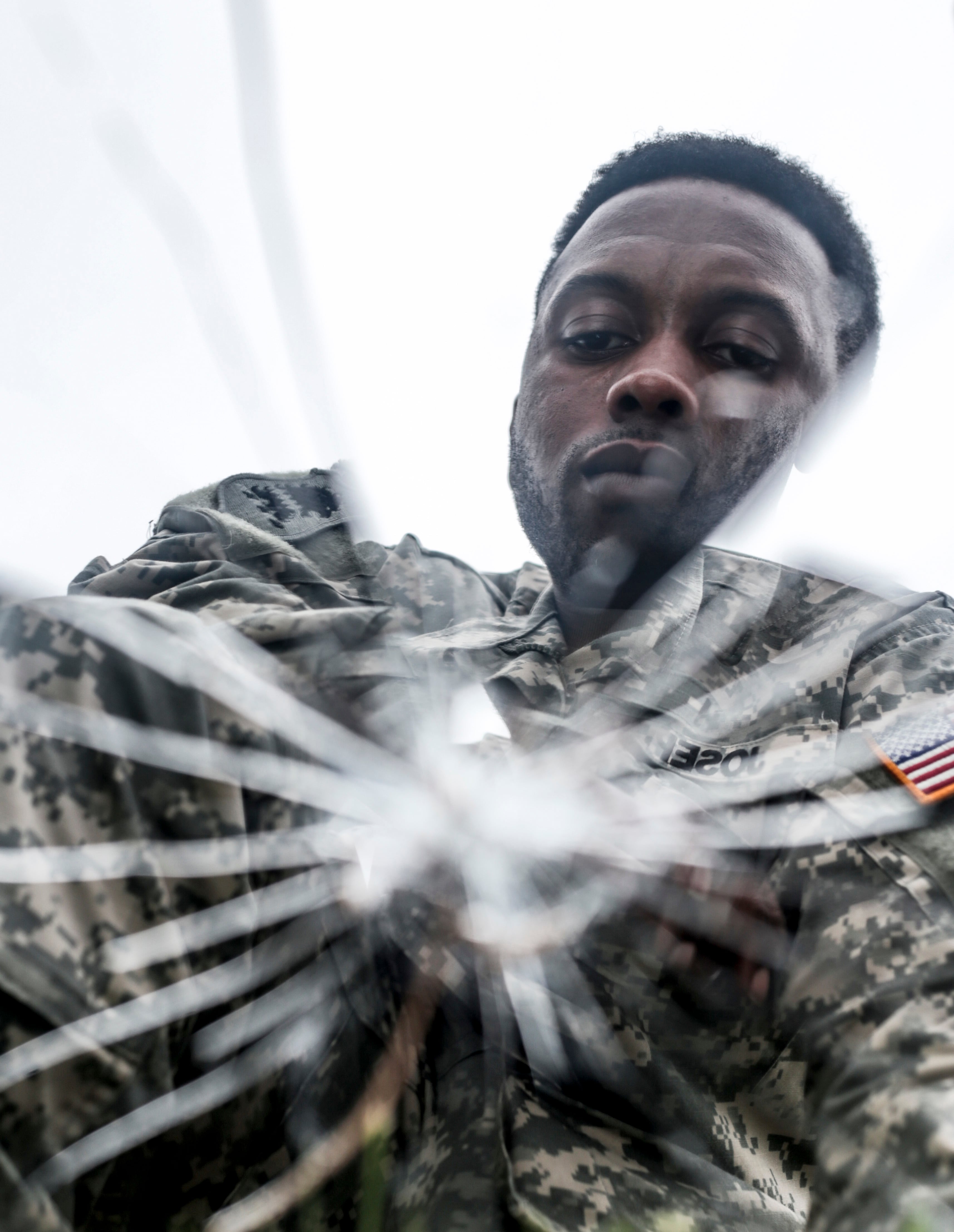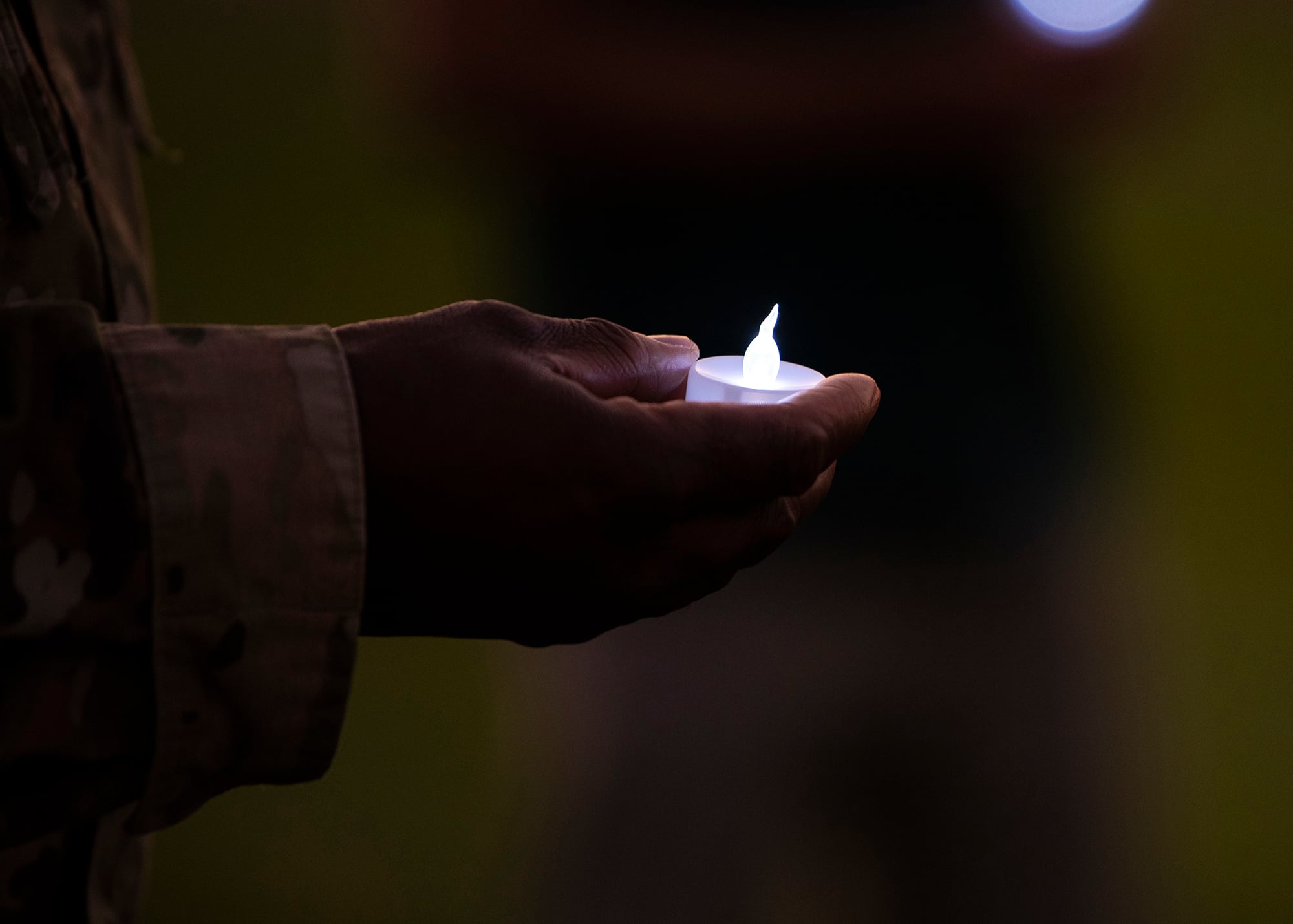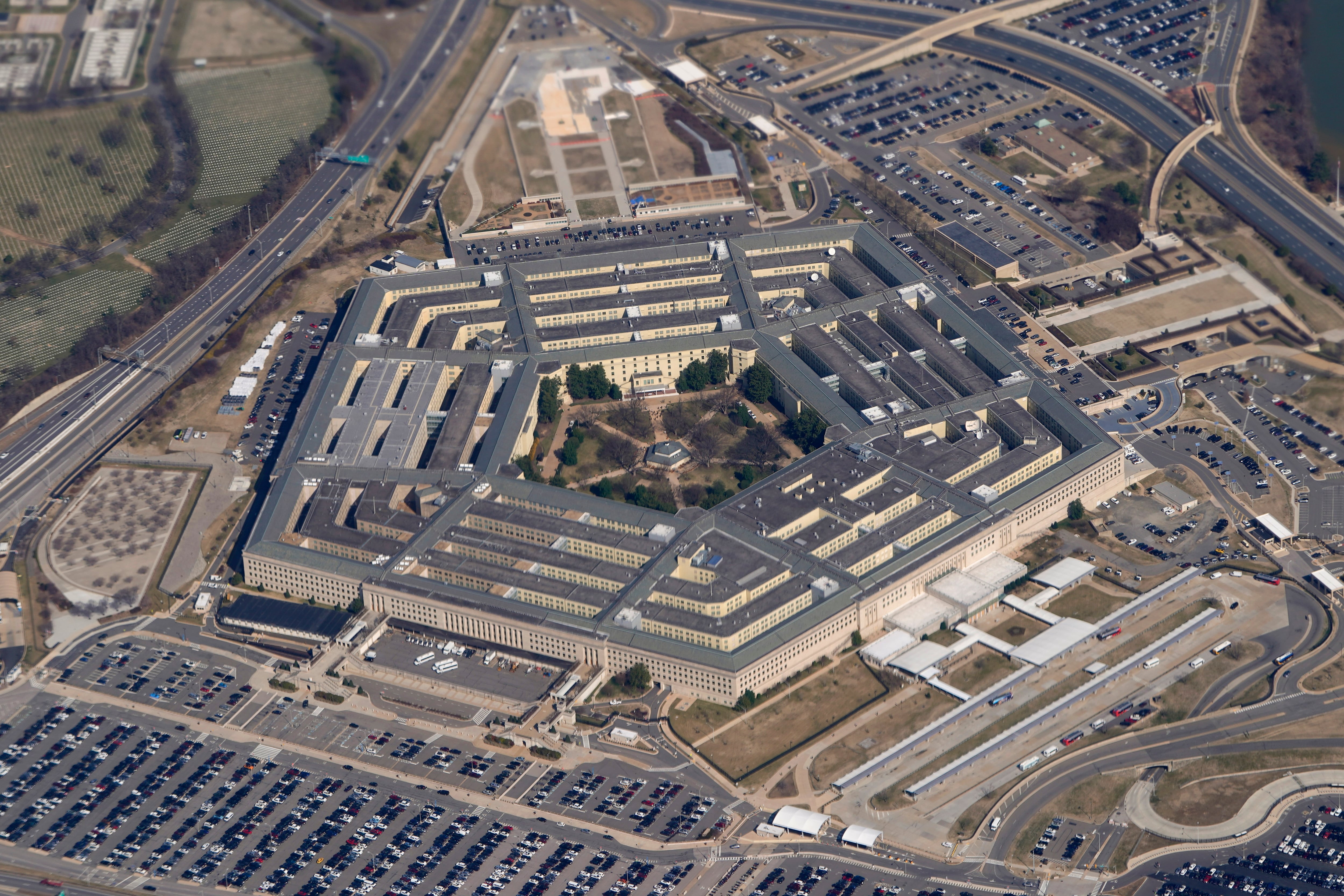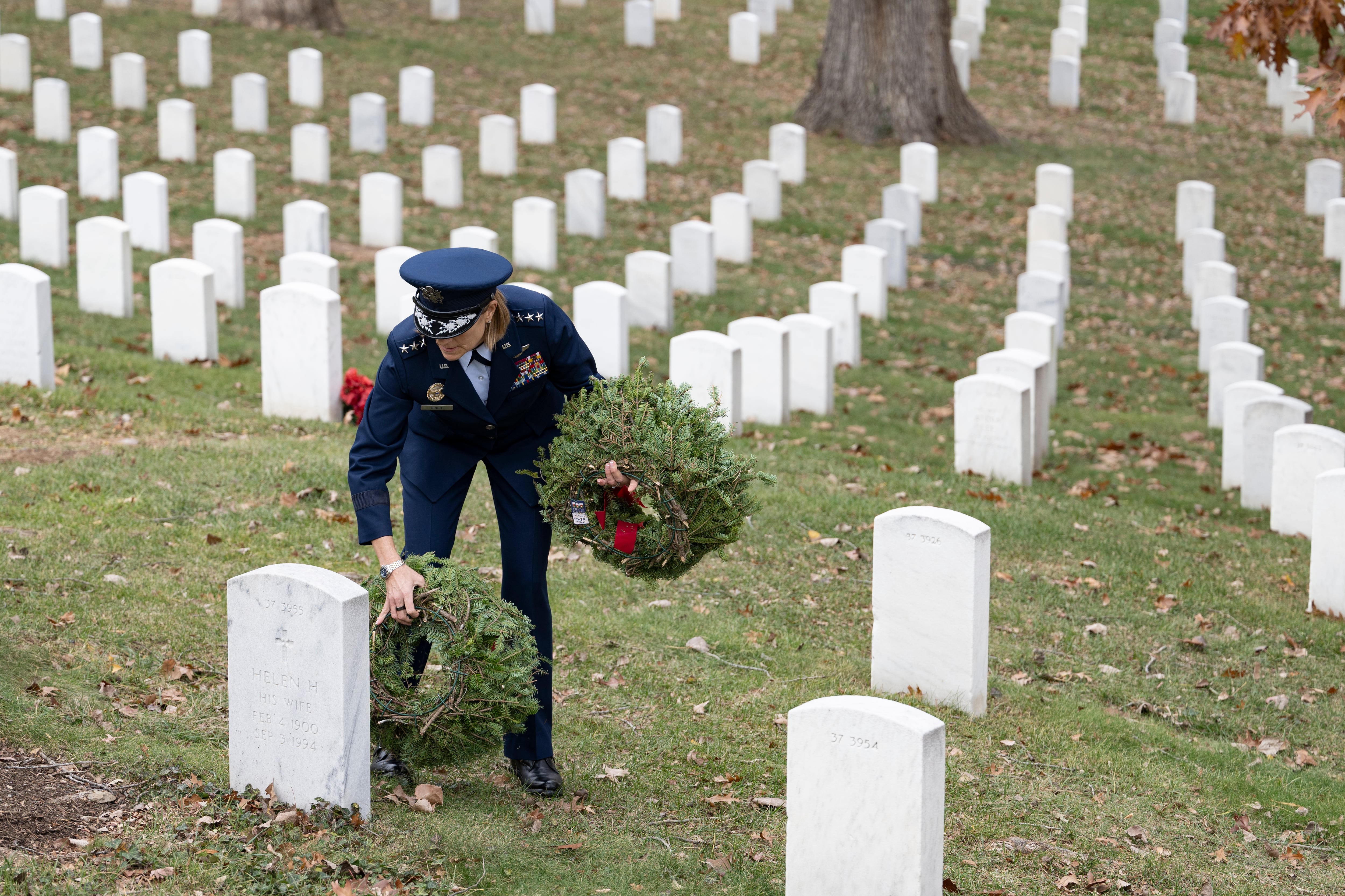From April to June this year, 16 more service members died by suicide than did in the same time period in 2019, according to Defense Department data released Oct. 15.
During that time period, compared to the same period last year, there was a 14-percent spike overall.
“The DoD recognizes the potential impact of COVID-19 on the well-being of our Service members and families,” according to the 2nd quarter report, released Thursday. “We are closely monitoring potential impacts and proactive steps to mitigate those potential impacts from COVID-19.”
The number of troops taking their own lives in the first half of the year overall also increased, with 9 more service members dying by suicide in the first half of 2020 than had in the same time period in 2019.
DoD reports 260 suicides in the first and second quarters of this year, which represents a 3.6-percent increase from 2019.
Last month, Army officials told the Associated Press that they had experienced a summertime spike in suicides, setting off alarm bells about how the coronavirus pandemic ― and the relentless stress of 2020 in general ― is affecting troops.
“I can’t say scientifically, but what I can say is — I can read a chart and a graph, and the numbers have gone up in behavioral health-related issues,” Army Secretary Ryan McCarthy told AP.
Though DoD will not released 3rd quarter numbers until early next year, an official told CNN earlier this month that that 35 active-duty soldiers died by suicide in July alone, compared to 43 in the previous three months, and 38 in the three before that.
The DoD numbers show 81 Army suicides through June, and 114 through the end of August, CNN reported, up from 88 total during the same eight months in 2019.
RELATED

"At this time, it’s too early to determine whether suicide rates will increase for 2020,” Karin Orvis, the DoD suicide prevention office director, told reporters Oct. 1. “We’ll need to have the full year of data, and investigations completed, to determine the cause of death.”
The department does not release a full calendar year of findings until October of the following year. That is in order to let death investigations play out, Orvis explained, in case what initially presents as a suicide ends up to be an accident or foul play.
Though officials at the top have hesitated to say whether the pandemic ― which has affected troops with mandatory quarantine periods, delayed permanent change-of-station moves and other interruptions ― is having a catastrophic effect on mental health, the concern is there.
“I’m concerned of what we’re going to look like over the next few months and years at the other end of this,” Maj. Gen. Dawne Deskins, the Air National Guard’s deputy director, told Military Times in late September. “I just don’t think we know.”
Meghann Myers is the Pentagon bureau chief at Military Times. She covers operations, policy, personnel, leadership and other issues affecting service members.





